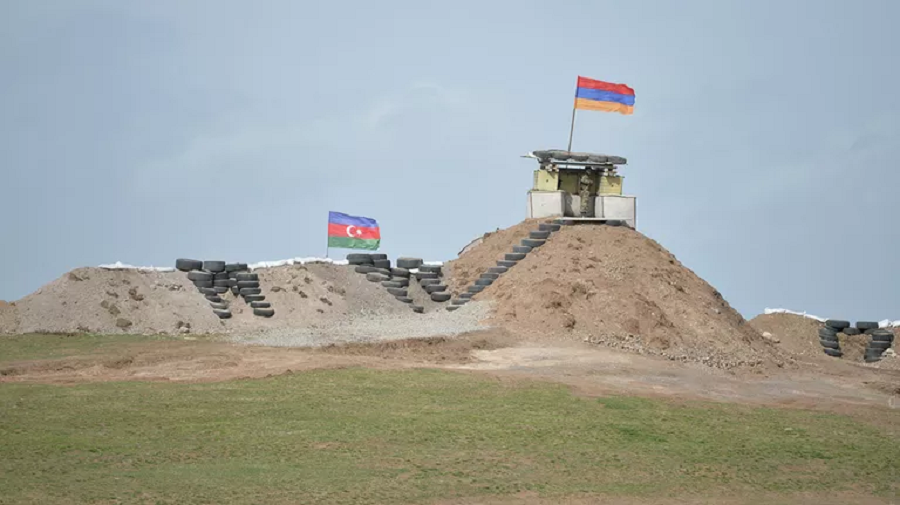After three years of sporadic negotiations following the 2020 war in Nagorno-Karabakh, Armenia and Azerbaijan now stand at a pivotal moment, with a unique opportunity to achieve a historic peace agreement. Senior officials from both nations have indicated that they are close to finalizing a draft declaration, which could significantly reduce the risk of renewed conflict and lay the foundation for normalizing relations.
While both governments assert that the agreement is nearly finalized, key disagreements remain. Chief among them is Azerbaijan’s demand for amendments to Armenia’s constitution. Baku insists that these changes are necessary to permanently eliminate any future territorial claims by Armenia, regardless of who holds power. Armenia, which has repeatedly renounced such claims, views this demand as a potential stalling tactic. It fears that Azerbaijan may be using this as leverage to delay or derail the final agreement, though Yerevan remains open to dialogue.
For Armenia, the stakes could hardly be higher. Some members of this Commission visited Armenia’s Jermuk border region this summer, where they witnessed Azerbaijani military positions established over the past two years. During my recent travels along this and other border areas, I saw no signs that Azerbaijani forces are preparing to withdraw. On the contrary, they have entrenched themselves, constructing military barracks and expanding roads – all well inside Armenian territory. Even more troubling, both sides now confront each other at dangerously close military positions on the frontline, where miscalculations or isolated incidents could quickly escalate into broader conflict, endangering civilian populations near the front lines.
Faced with this situation, Armenia has little choice but to stay engaged in the peace talks, hoping to reduce the ever-present threat of a new war. Since Azerbaijan’s victory in the 2020 war, Armenia has struggled to rebuild its military capacity. Its formal ally, Russia, has shown no intention of assisting, as Moscow remains preoccupied with its illegal war in Ukraine and seeks to maintain strong ties with Azerbaijan. Should Azerbaijan pursue Armenia’s total capitulation, its forces could, within hours, seize critical infrastructure, especially in Armenia’s vulnerable southern regions. While Baku insists that Yerevan’s concerns are false, both Washington and European capitals have issued strong warnings against any new Azerbaijani offensive.
Read also
Beyond the immediate security risks, the humanitarian fallout from the conflict continues to loom large – this is the fate of over 100,000 ethnic Armenians who fled Nagorno-Karabakh almost a year ago. Most remain scattered across Armenia. In my many months of interviews with dozens of refugees, I have yet to meet a single person ready to give up hope of returning to Nagorno-Karabakh. But the refugees are also deeply exhausted by decades of military confrontation and the constant sacrifices their families have endured since the very start of the conflict.
It is very important to support these refugees and aid their integration into new communities. Armenia has made a significant commitment to helping them, but it struggles to provide adequate housing and jobs. These refugees deserve more than a life on subsidies; they need opportunities for meaningful work and full integration into their new communities. The United States has a role to play here, providing not only financial support but also expertise on managing large-scale displacements effectively in the long term.
Again, the peace agreement that Yerevan and Baku now negotiate will not settle three decades of conflict, but it should reduce the risk of the worst-case scenarios I have outlined – a full-scale war and another humanitarian catastrophe. It would mark the start of a long journey toward rebuilding trust and offer the potential for expanded trade and economic development. The agreement might also help unlock long-stalled talks between Armenia and Turkey on normalizing relations, which could bring new opportunities for growth not only to Armenia but to the entire South Caucasus. With the U.S. support, Armenia and Azerbaijan should seize this opportunity to embark on a less hostile chapter in their history.
Olesya Vartanyan,
Regional expert on security issues in the South Caucasus




















































